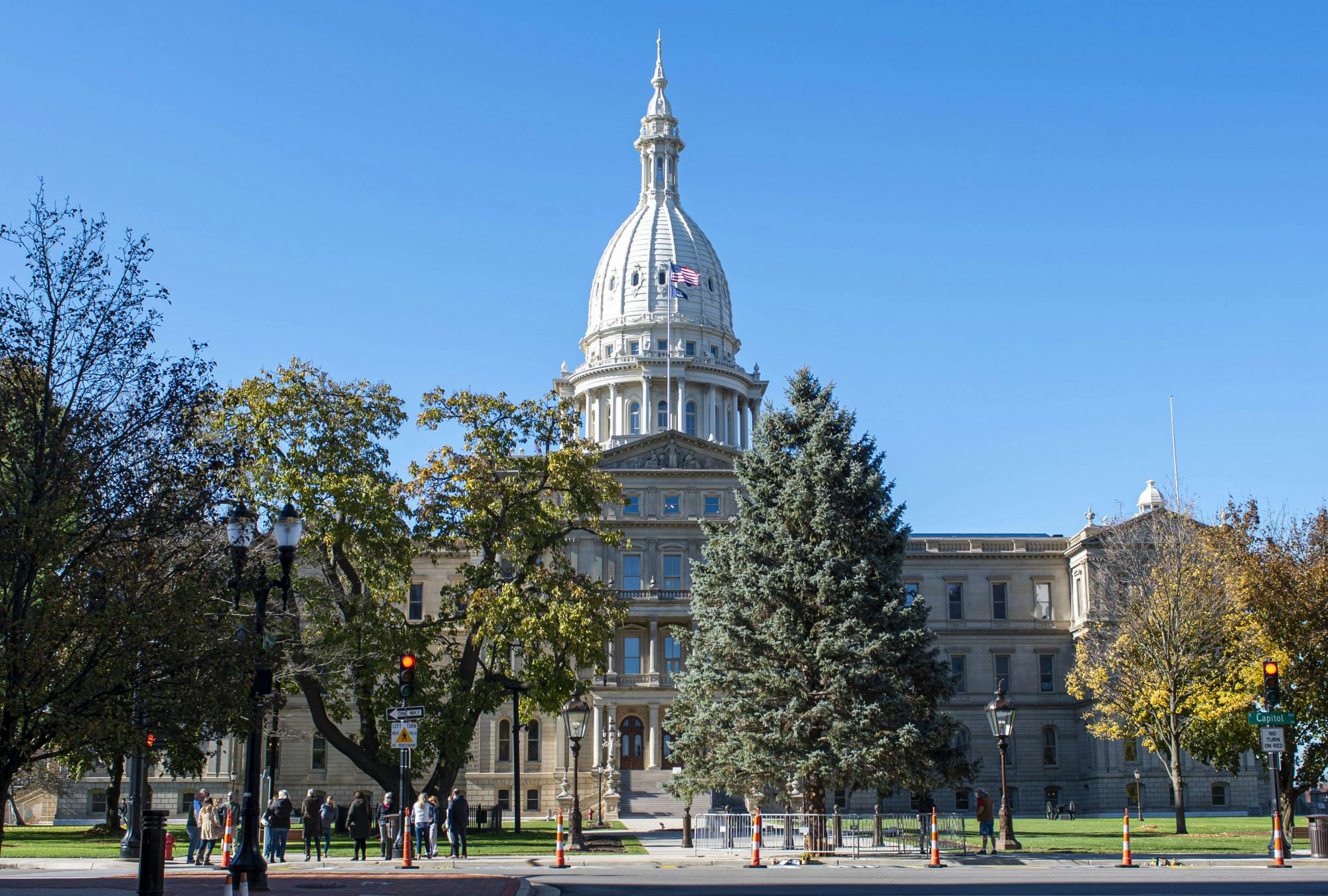After the swearing-in of new state senators and representatives on Jan. 11, Michigan Democrats began the process of bringing a longtime legislative priority to fruition- the repeal of Michigan's right-to-work laws.
Rep. Regina Weiss, D-Oak Park, introduced legislation to the state House which would amend existing labor legislation – in particular the "right-to-work" law. Sen. Darrin Camilleri, D-Trenton, sponsored the legislation in the Senate.
In a press statement, Weiss called the phrase "right-to-work" a "lie" and said the laws have hurt Michiganders.
"House Democrats will always stand in solidarity with working families, and these bills deliver on our promise to put them first," Weiss said in the statement.
Right-to-work, which in Michigan was officially coined “Freedom to Work” legislation, is a series of laws which went into effect in March 2013 after a lame-duck passage by then-governor Rick Snyder. After Snyder's signing, Michigan became the 24th state to have a right-to-work law, which acts to prohibit employees of a unionized-workplace from having to pay dues to the union. Snyder, at the time, called the legislation a "great statement for workers."
Before and after Snyder signed the bill, it was met with pushback and protests from union members, including members of MSU's unionized workforce.
Since 2013, unions have been fighting for the law's repeal.
Many unions argue that right-to-work allows non-union workers in union shops to reap the benefits of collective bargaining without paying union dues. Atulya Dora-Laskey, an employee at the U.S.’s first unionized Chipotle in Lansing, said that the repeal of the law would give unions more leverage to provide benefits to workers.
“The more people that free ride on the union, the worse conditions result for everyone,” Dora-Laskey said.
Democrats in the state legislature feel similarly. Speaker Pro Tempore Laurie Pohutsky, D-Livonia, said that lawmakers have heard concerns from their constituents about right-to-work for years, and said they’re grateful for the opportunity to act with a new majority.
“It's something that matters to our constituents,” Pohutsky said. “There are a lot of people whose livelihoods have been negatively impacted by the passage of Right to Work and limited the ability for employees to organize and fight for things like safer workplaces, better wages, better conditions.”
Right-to-work has been touted by its supporters as a smart economic decision to attract businesses and investors to Michigan- Snyder’s original support of the legislation came after Indiana reenacted a version of right-to-work in 2012.
Pohutsky said that while she expects pushback from “powerful, well-funded interest groups.” She said she hopes that Democrats will gain bipartisan support in the favor of unions.
“They're already very animated and upset about it,” Pohutsky said. “There's already attack ads going out against some of the Democratic members, there's billboards up all over Lansing about it…but I also think that there are going to be some Republicans that are supportive of it, because they have constituents who are opposed to right-to-work.”
House Minority Leader Matt Hall, R-Comstock Twp., declined to comment on Republicans’ plans to oppose a repeal of right-to-work laws.
One argument often cited in favor of right-to-work laws is that employees may not want to pay union dues that could contribute to political causes the union might support. Communications director for the Michigan Regional Council of Carpenters Steve Purchase said that it’s a common misconception that union dues are funneled into political spending.
“Union dues don't pay for political activities, PAC dollars do,” Purchase said. "So whether right-to-work is in place or not, union members have the ability to choose whether or not they would like to donate to a political action committee or not.”
Dora-Laskey confirmed that his union, Teamsters Local 243, keep political funds separate from operating expenses, for which members pay dues.
With a slim majority in both chambers of the state legislature, Democrats could achieve passage of the bill to repeal in a matter of weeks. Purchase said that the effects of axing the right-to-work laws would be felt quickly by unions, which would experience an influx of funding from new member dues.
“They're important resources that pay for contract negotiations, that pay for staff, pay for support of members,” Purchase said. Those resources are important, and what right-to-work was designed to do was to limit the resources of unions so as to limit the power of working people to have an equal voice at the bargaining table.”
Support student media!
Please consider donating to The State News and help fund the future of journalism.
Discussion
Share and discuss “Michigan Democrats eye a repeal of "right-to-work" laws” on social media.







